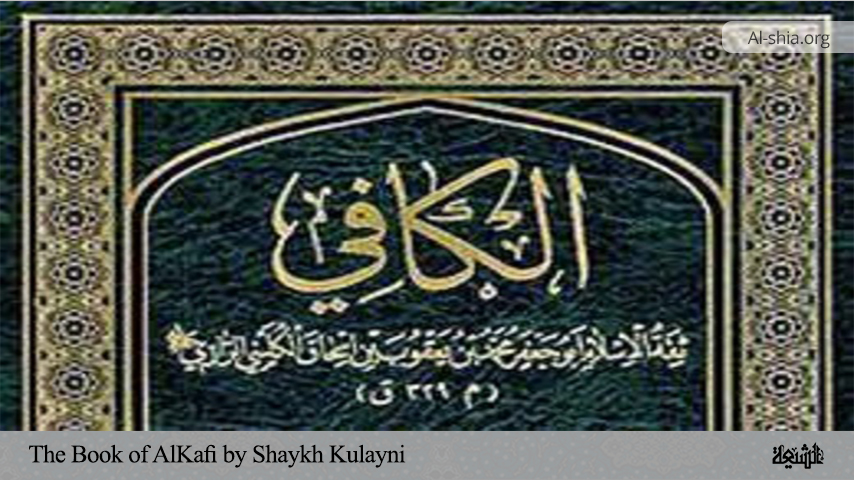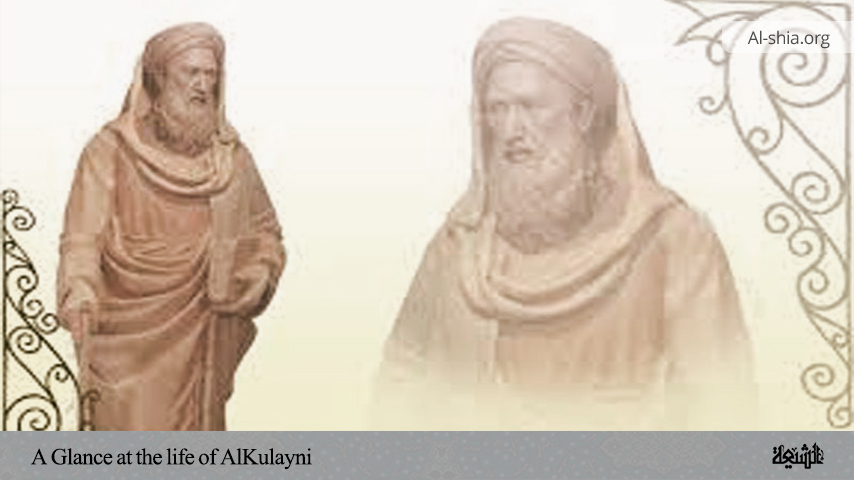The Motives for Enmity with Imam ‘Ali (A.S.)
Tribal and Ethnic Motives
Although enmity based on tribal and ethnic motives might appear natural to some extent, it should be admitted that this trend neither camouflages the evilness of those who harbour rancour nor does it diminish in any way the greatness of Imam ‘Ali (A.S.).
Imam ‘Ali (A.S.) was a scion of the Bani Hashim clan of the Quraysh tribe. The Qurayshites were considered noble and enjoyed a special esteem and privileged status among the Arab tribes. The day the Ishmaelite leader Qusayy bin Kilab, the 5th ancestor of Imam ‘Ali (A.S.), became custodian of the holy Ka’bah and took charge of the administration of Makkah, his family came to enjoy a central and eminent position among not only the Quraysh but other Arab tribes as well. The nobility of the Quraysh was now concentrated in the House of Qusayy and the Bani Qusayy became a privileged group. Their prestige was further enhanced among the Arabs because of the custodianship of Abraham’s ancient edifice of monotheism, the Ka’bah.
The sanctity of the Ka’bah, which since the beginning exercised a profound influence on public minds, gradually bestowed a halo on its custodians who came to be considered holy themselves. The wisdom and valour of Qusayy further increased the position of the custodian. Among the Arabs, blood and genealogy counted as marks of distinction and carried social prestige since members of each tribe felt proud of their descent from one chieftain and stood beside each other. Thus any member who in addition to a perfect pedigree and impeccable blood bond could boast of personal traits of nobility was undoubtedly regarded as the chieftain, whose authority was binding on the whole tribe. Any disobedience to his commands or instructions was tantamount to insubordination and challenge to the tribal system and swiftly brought down the displeasure of the rebel who was excommunicated and expelled by the whole clan.
With the death of Qusayy, his elder son ‘Abd-Manaf succeeded to his post and was followed by his own son ‘Amr or Hashim as the next custodian of the holy Ka’bah and the chief administrator of Makkah. It was during this time that a certain Umayyah claiming to be a son of Hashim’s younger brother ‘Abd Shams, made an unsuccessful attempt to seize the custodianship of the Ka’bah. This vain bid by Umayyah split the clan into two broad segments, the Bani Hashim and the Bani Umayyah.
The custodianship then passed on to Hashim’s son ‘Abd al-Muttalib and after him to his son Abi Talib the father of Imam ‘Ali (A.S.). It was during the time of Abi Talib that the Hashimites were faced with an internal crisis. Abi Talib lacked the wealth that chieftains normally possess, and this made two of his brothers, ‘Abbas and Abi Lahab, challenge his leadership. The descendants of Umayyah who nursed a deep hatred towards the House of Hashim saw it as their chance to renew a bid for leadership, especially since they regarded themselves as the military class of Makkah.
The emergence of Prophet Muhammad (S.A.W.A) from the Hashimite clan made other Makkans jealous and they thought prophethood to be a trick by the Bani Hashim to exalt them and continue their leadership. The following words of Abi Jahl to Akhnas bin Shurayq speaks of the inability of the infidel mind to understand God’s revelations:
We and the sons of ‘Abd Manaf vied with each other in nobility and greatness. Whatever they did we also did, so as to be their equals. Now suddenly they are saying that from us is a Prophet who receives revelation from heaven.
Decades later in 61 AH when after the tragedy of Karbala the severed head of the Prophet’s grandson Imam Husayn (A.S.) was placed before the Umayyad scion Yazid who now ruled as caliph of Muslims, he recited the following couplet which is identical to Abi Jahl’s words to Akhnas in the days of Jahiliyyah:
La’ibat Hashim bi al-mulk fala; Khabar ja’a wa la wahy nazal (The Hashimites played the game of kingdom; Neither any message came from heaven nor revelation.)
This is how retarded minds viewed the divine mission of Prophet Muhammad (S.A.W.A). For them, the growth and spread of Islam was the victory of the Bani Hashim over the other Arab tribes and clans. Although these short-sighted people may not have said this explicitly and with frequency – for the obvious fact they now called themselves Muslims and ruled over Muslims – deep down in their hearts and minds they harboured these thoughts which would at times come to their lips as is clear from Yazid\’s recitation of the above couplet.
In view of these facts, when the question of Imam ‘Ali’s (A.S.) caliphate was raised after the passing away of Prophet Muhammad (S.A.W.A), some pretending to be religious and claiming to be near to the Prophet, said: “Prophethood and caliphate cannot be combined in one family.” These words are indicative of the mindset of most Qurayshites who were jealous of the Bani Hashim.
This is the first open indication of enmity towards Imam ‘Ali (A.S.), who was a Hashimite, and for this reason, those who had paled into insignificance against the glory of the Bani Hashim and harboured rancour against them out of an inherent inferiority complex were not ready to see him as their leader and ruler. Thus enmity towards Imam ‘Ali (A.S.) was clear and deep-rooted even at this stage and continued in the subsequent periods.
Continued on the next article: http://Enmity with Imam Ali (as) 2






